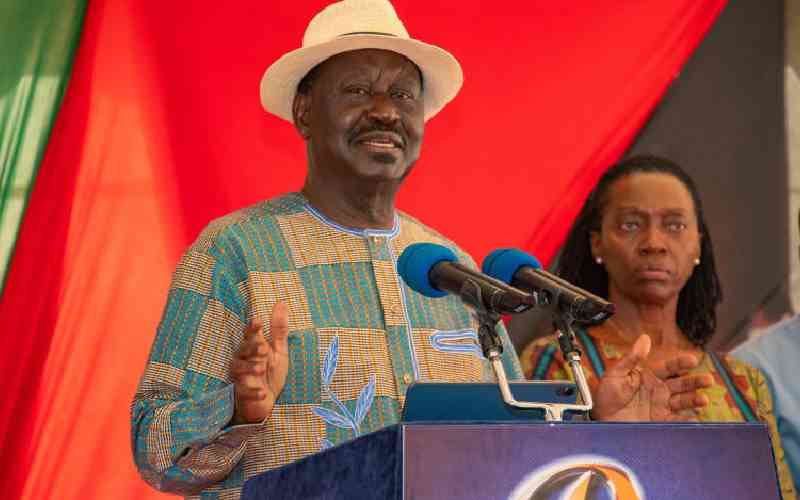×
The Standard e-Paper
Home To Bold Columnists

Azimio la Umoja-One Kenya coalition has accused the Kenya Kwanza administration of further running down the economy and failing to meet its promises in its first 100 days in office.
In a statement and subsequent report released yesterday, Azimio leader Raila Odinga poked holes on President William Ruto's regime, saying it was off to a terrible start and did not inspire confidence for a better future.